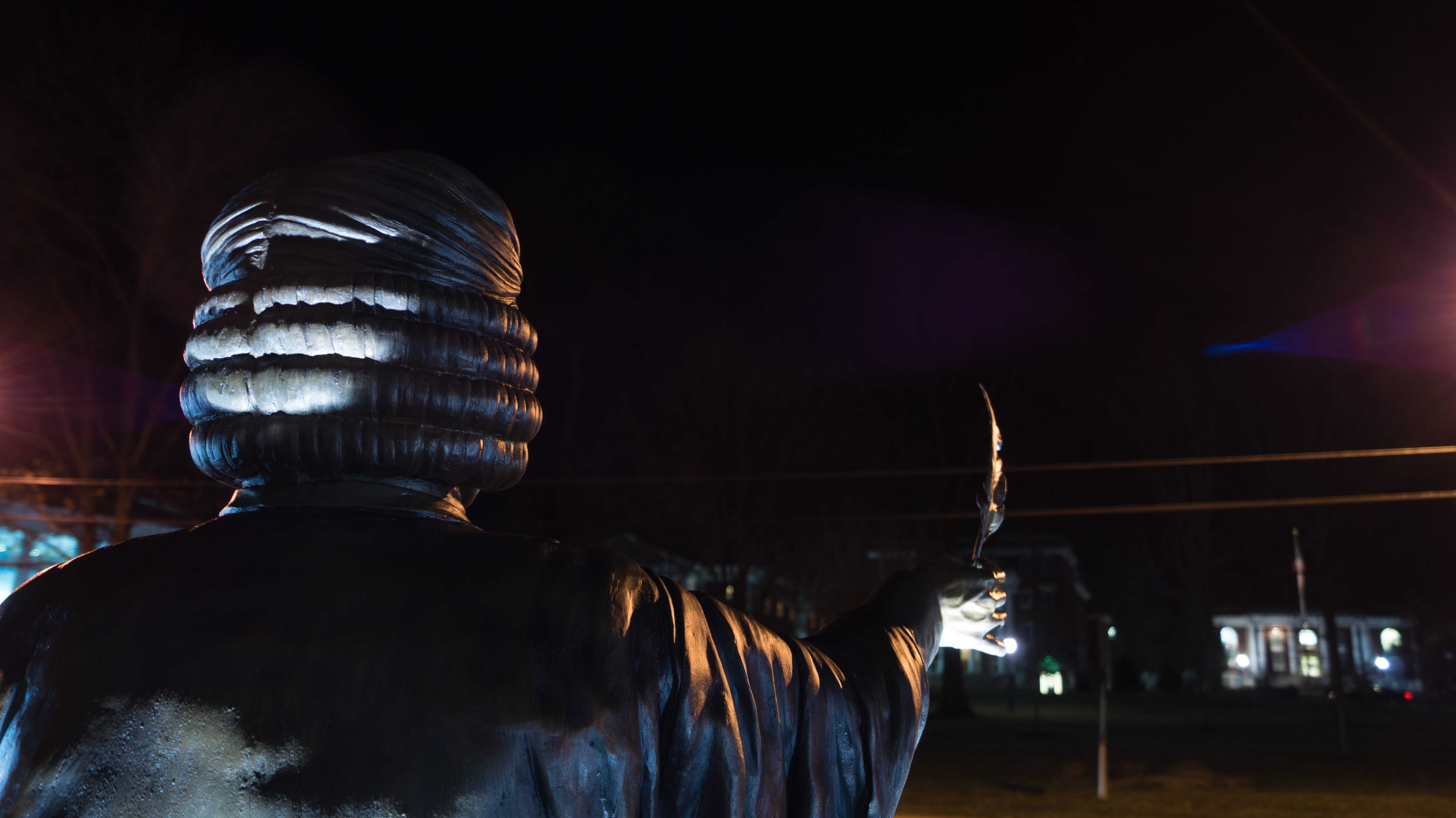By Matthew Pertz, Opinions Editor
I first heard about Asbury University when I received a letter from cross country coach Randy Crist, who described Asbury as “a small nondenominational Christian liberal arts school”. I never investigated the school’s affiliation any further; denomination was and is largely unimportant to me.
However, I soon discovered that the claim of “nondenominational” did not mean that Asbury does not take stances on controversial theological issues, and the views I heard in chapel began to clash with my own presumptions about the university.
Technically speaking, Asbury is a nondenominational school, being as there is no church that sponsors the university. However, Asbury also clings to a Holiness tradition that shapes all campus ministries, including who speaks in chapel, who teaches biblical classes, and who fill leadership roles in the administration.
The school had no choice but to enforce certain theological stances, according to campus chaplain Greg Haseloff.
“Any Christian school is ultimately expressing some stream of the Christian faith,” he said, “therefore the naming of the stream we express is that out of John Wesley’s ministry.”
Being nondenominational also allows Asbury to maintain independence from any central church, meaning the school can set its own agenda and liberate itself from views that it may not agree with.
For example, the Anglican church (of which John Wesley himself was a member) accepts openly gay members, and all of the 131 Anglican Communion schools must follow suit and accept homosexuals in all respects, even in leadership roles. By avoiding denominational ties, Asbury can maintain its institutional commitment to certain values.
“We have no connection to a denominational group and so what we’re saying is more a statement is we have no political [or] financial ties to a denomination,” Haseloff said. “The school has sensed having a more authentic path in holding to its mission if a denomination isn’t controlling it.”
The disparity between Asbury’s nondenominational status and Wesleyan identity can cause unease among students. Mason Lambert, who was raised in a nondenominational Armenian church, is worried that the school’s limited theology could hurt students’ theological education.
“If we’re going to lean Wesleyan, why don’t we just accept it?” he said. “If we’re going to say we’re nondenominational we shouldn’t pick sides. We should be very wide in who we choose for professors in Bible department.”
Lambert’s statement shocked me initially, but upon further investigation I learned that he was right: the Bible department hires exclusively from two Wesleyan seminaries.
There are ten professors teaching a biblical or theological class this semester (or, simply put, a class with an NT, OT or TH prefix), and all ten came from one of two theological seminaries: either Asbury Theological Seminary or Nazarene Theological Seminary. Both institutions proudly teach Holiness theology.
This means that any and all biblical classes are taught from a Wesleyan perspective, which can hamper a student’s education and provide a quite limited view of Christian thought. According to the Pew Research Center, less than one percent of Christians come from an explicit Holiness background.
However, Haseloff believes that the makeup of the Bible department shows Asbury’s dedication to its calling and mission.
“Every Christian school chooses a path to how pure they stay to the stream they adhere to,” he said, “and I do think the makeup of that department expresses Asbury’s commitment to the Wesleyan-Holiness tradition.
“Some students will experience friction because this is the nature of Christian growth – learning new perspectives and deciding to hold to the old, embrace the new, or assimilate the new into the old. College is one of the most key times in a person’s life to work out their Christian beliefs.”








